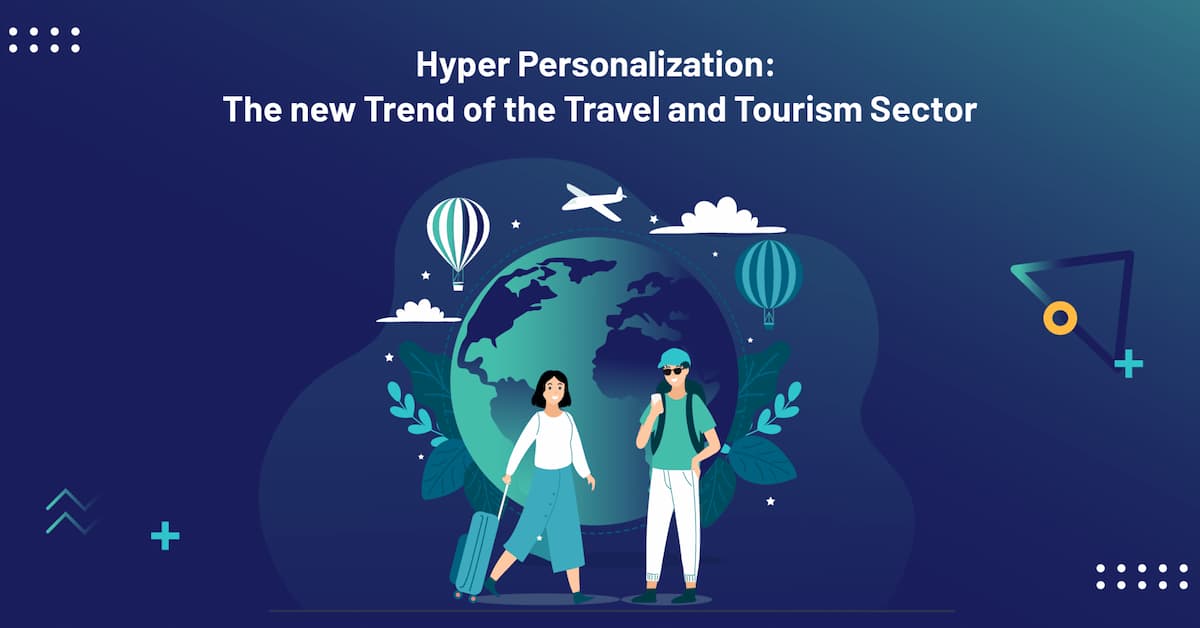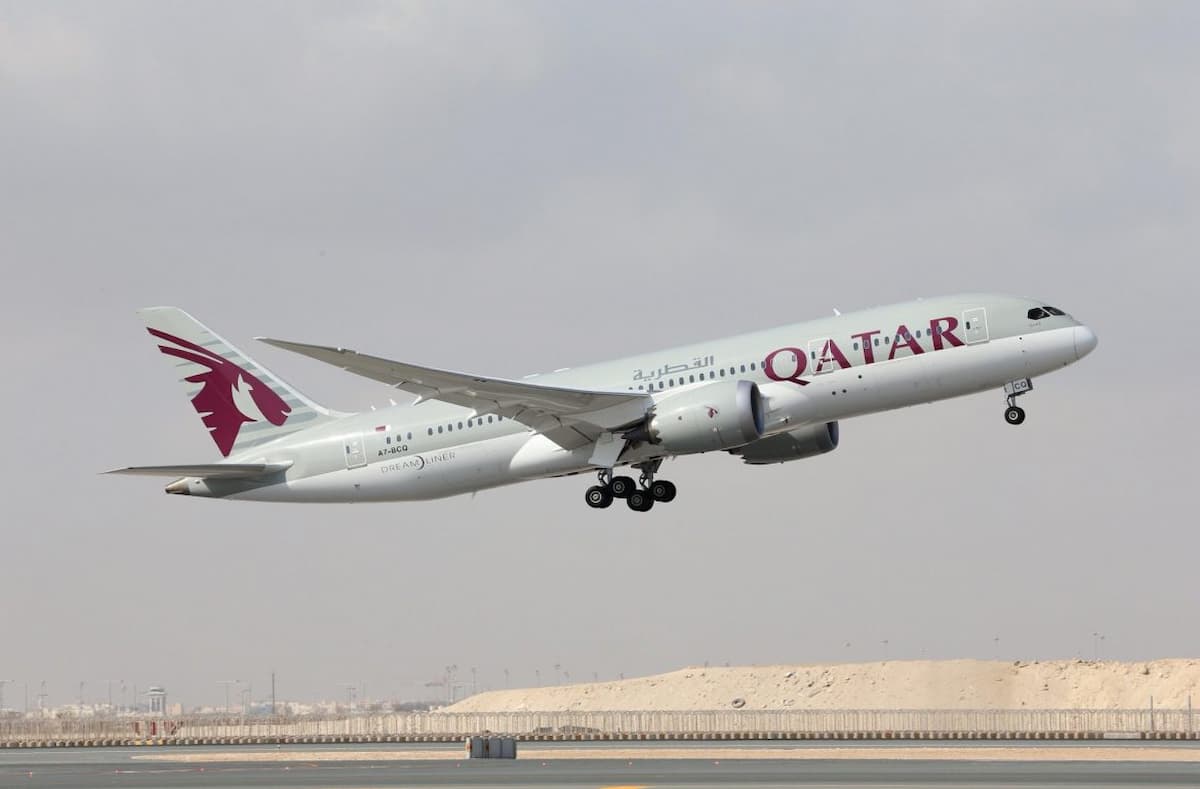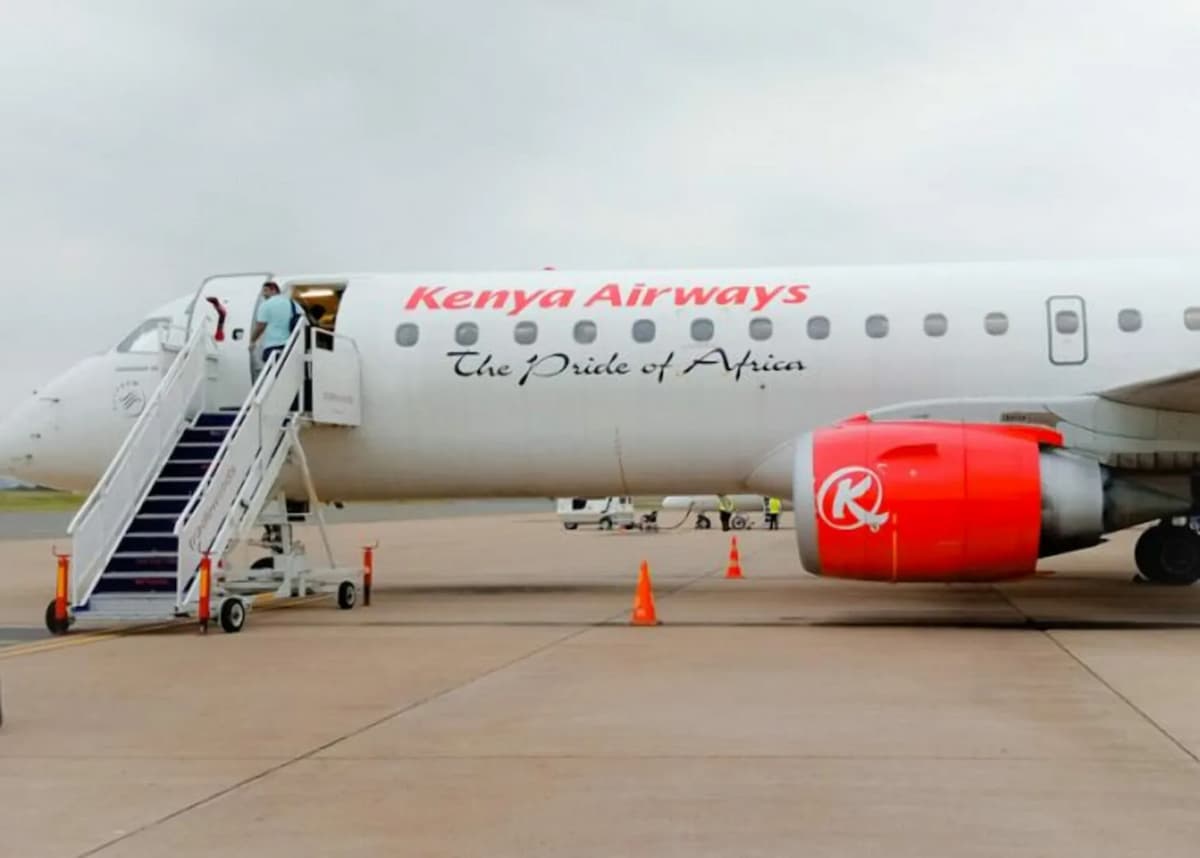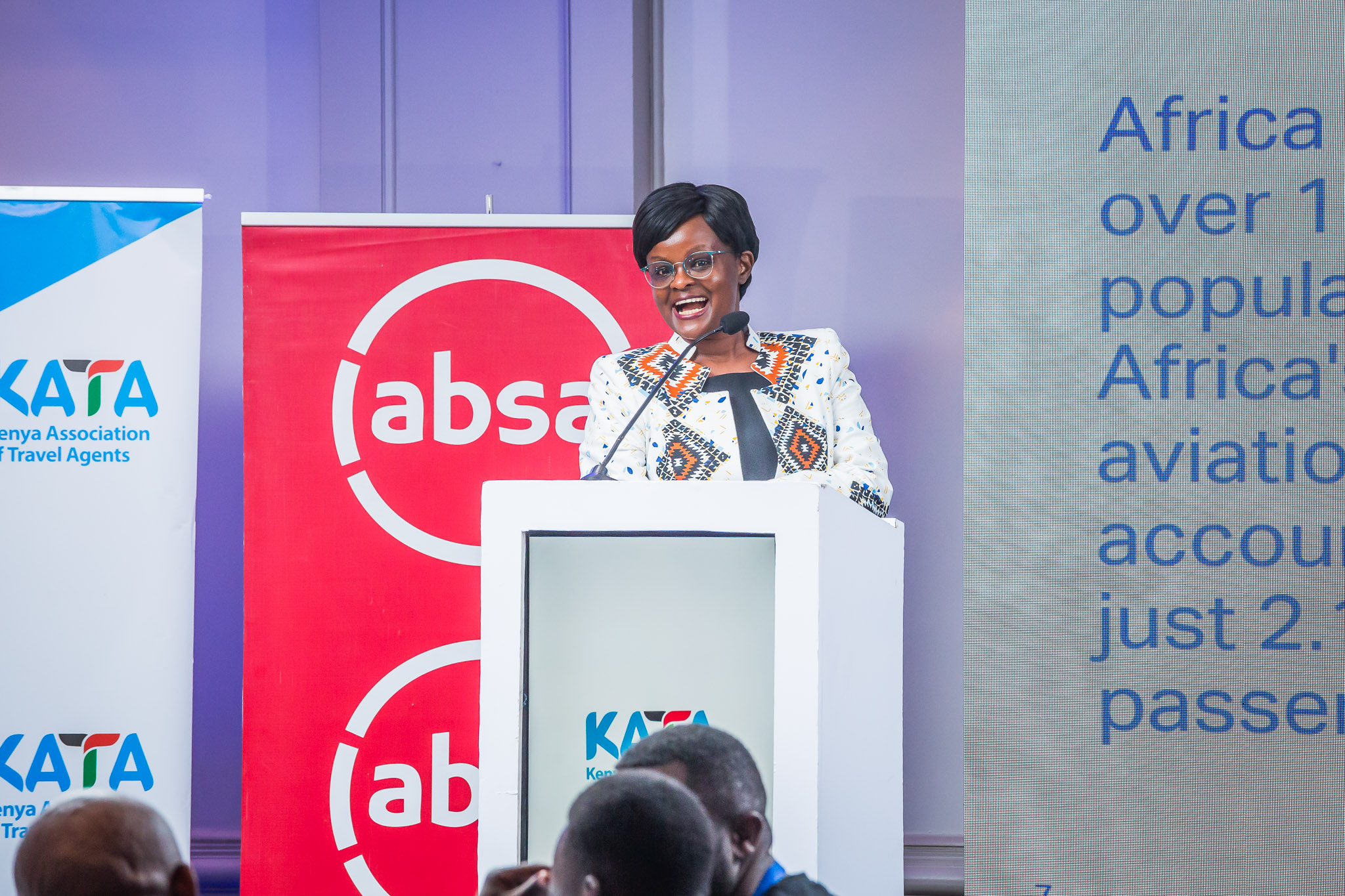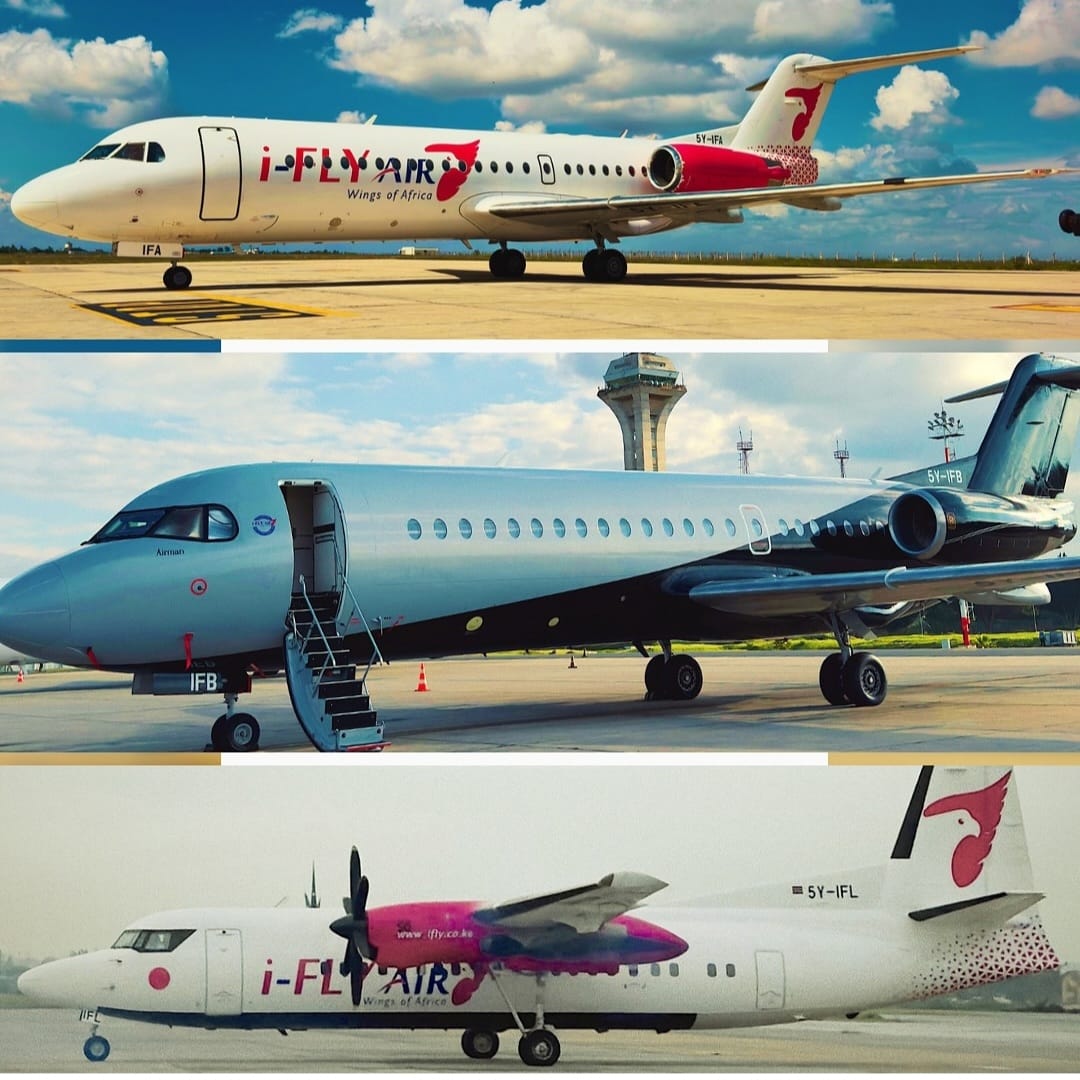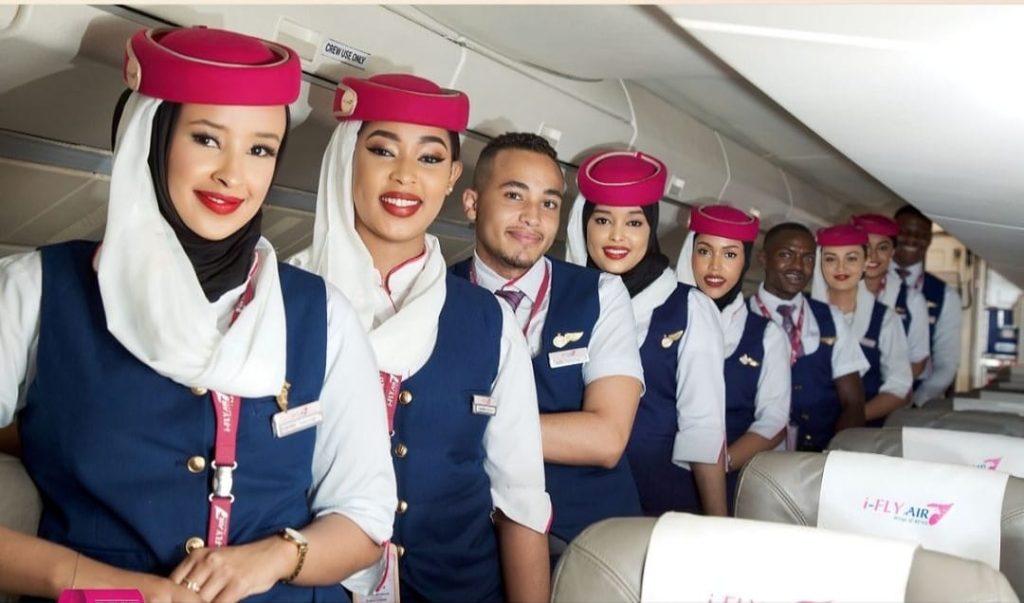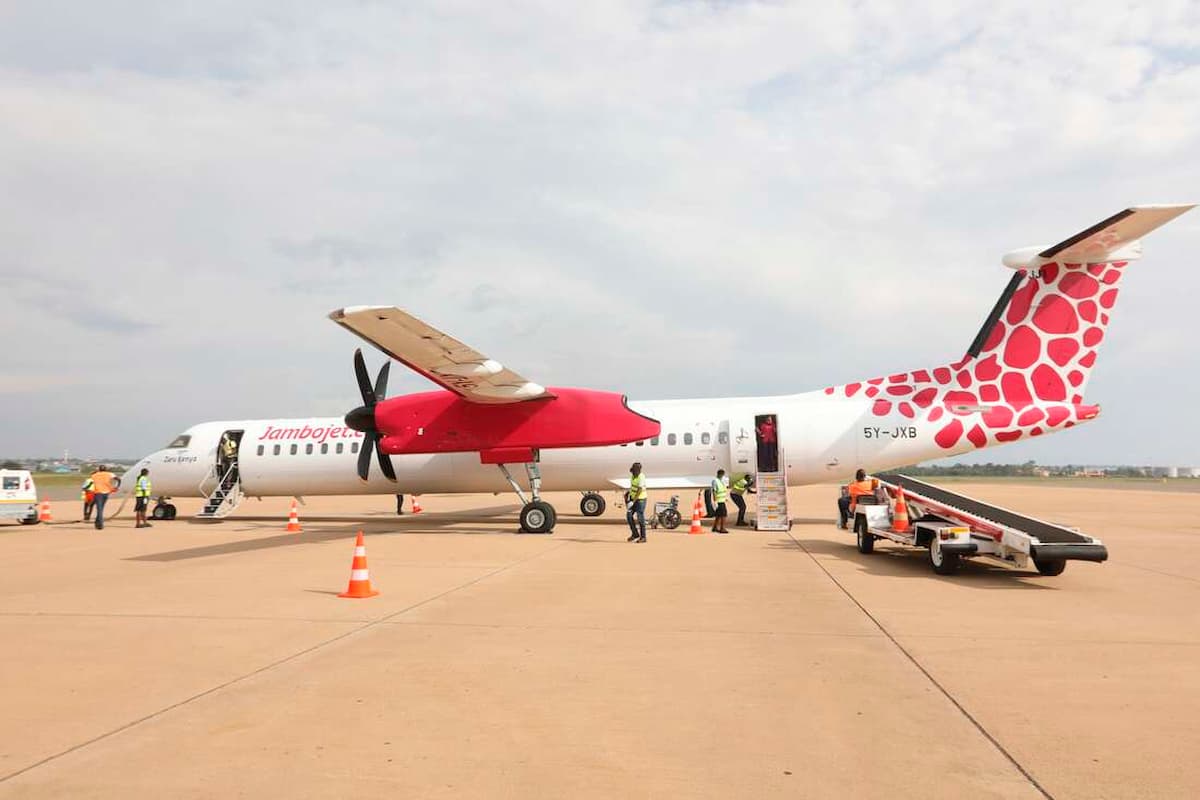As hyper-personalization goes beyond the usual strategies that have been used so far to benefit travel needs, there are advances in artificial intelligence and machine learning that may be able to provide the necessary services that travelers need.
Martin Eade from travel search and booking technology provider Vibe believes there’s a lot riding on this. “This is the holy grail of personalization and the first company to get this right will have a real first mover advantage. After all, why would customers switch from a hotel or airline that can anticipate their needs before they even know them themselves?”.
“The aim is to create strategies that make each guest feel special and unique, instead of feeling like a faceless member of a generic market segment. But before companies can achieve hyper-personalization, they need to shift their focus from the product to the client, developing a customer-centric strategy. Harnessing data will help them to understand exactly who their clients are, how they behave, and what they expect when they come to stay at a hotel, or travel on a specific airline.” commented Rubén Sánchez, CEO of the leading hotel revenue management platform BEONx.
Another way artificial intelligence can enable hyper-personalization is via automation. “Valuable, quick ‘recipes’ for automation will allow hoteliers to create predictable, reliable processes so they take their hands off keyboards and create more unique human-to-human interactions. At Cloudbeds, we’re building toward a world where AI-powered automations check out guests, trigger emails for last-minute reservations, add notes for housekeeping when a VIP guest arrives, and create in-depth reports with insights that drive better decisions. When a hotelier’s days become less manual, their guests’ personalized experience will soar.” said Adam Harris, Co-Founder and CEO of Cloudbeds. At the same time, Mr. Harris believes that hospitality technology platform powers more bookings and happier guests for independent accommodation operators around the world.
Gareth Matthews, Chief Marketing Officer at global travel distribution provider Didatravel thinks the industry might finally be in a position to offer elements of this to travelers in 2024. As a final thought Craig Everett, Founder and CEO from Holibob, the experiences tech provider to tourism boards and online travel sellers, comments that hyper-personalization might lead to a related new trend: hyper-localisation. “Not only do these new technologies empower travel companies to develop a more intricate knowledge of their traveller, but they also fast-track deeper contextual understanding of their interests in relation to their destination. This has the opportunity to unlock a level of hyper-local, hyper-relevant online recommendations that could finally push the experiences sector into the online realm.
Source: Money-Tourism.gr

